Building Bridges: Responding to Misconceptions of Transgender People
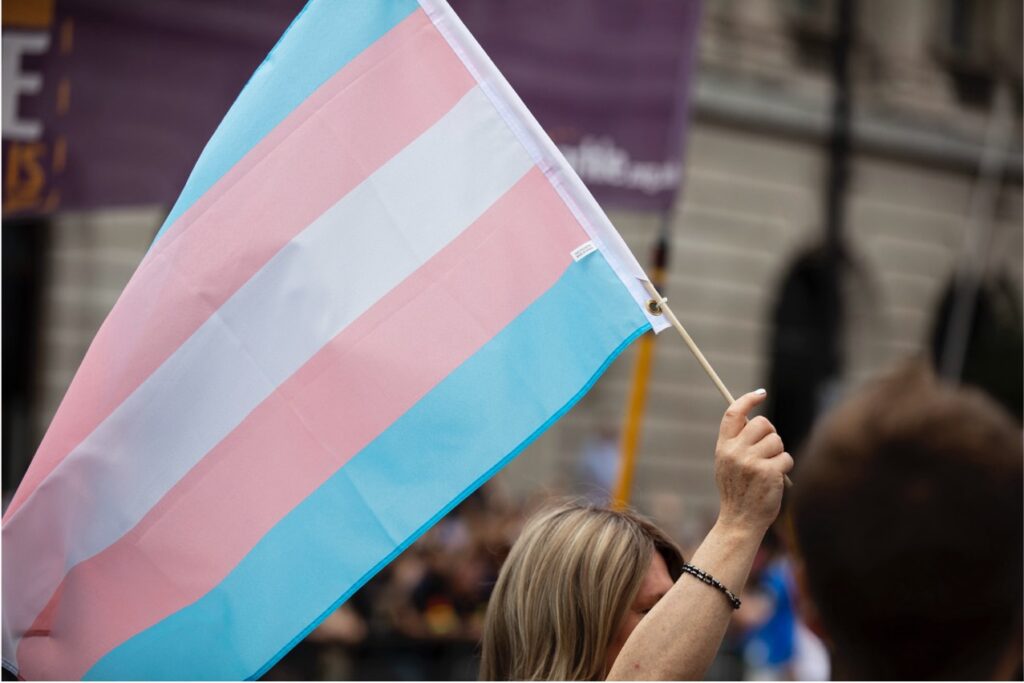
Research shows that trans and non-binary people experience a range of barriers and challenges, from subtle (such as assumptions about their identity or sexual orientation) to overt (including discrimination and violence).
These challenges have been exacerbated by recent, much-reported conflicts around gender-affirming care for youth. Small but vocal groups have developed targeted messaging to undo current progress toward trans inclusion. They often advance claims – about gender education in schools and statistics of gender transition among youth – that are misleading and false. In the general public, many people are left with a lack of awareness, as well as with genuine questions and few places to have them answered.
Pay Transparency: An effort to close gender and racial pay gaps
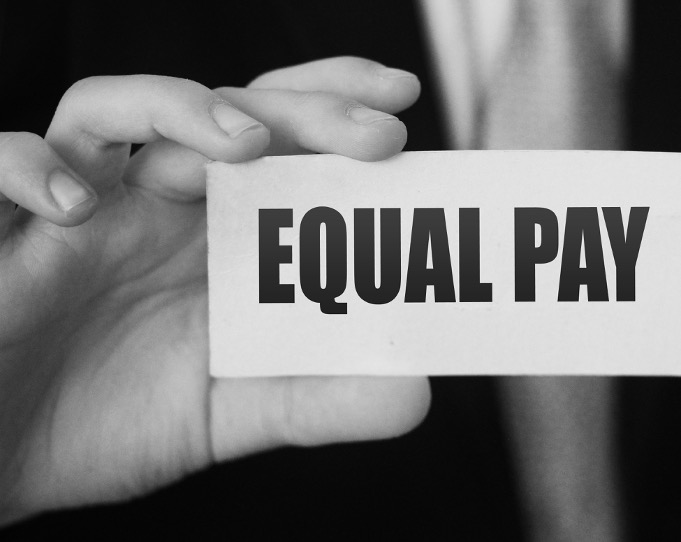
Increasingly, we have seen a push to normalize pay transparency — or open conversations about salary — in an effort to close gender and racial pay gaps. November 1, 2023 British Columbia introduce the Pay Transparency Act requiring all employers in British Columbia to include the expected pay or the expected pay range for a specific job opportunity that they advertise publicly.
Building Accessible Cultures at Work

More than 22% of Canadians – 6.2 million people – have a disability. Research shows that many people with disabilities experience barriers in finding employment and are commonly faced with the uncomfortable, exhausting task of “masking” their disability while at work. Many organizations are seeking to address this inclusivity challenge and create more equitable, accessible […]
Multiculturalism Day

While Multiculturalism Day is a time for celebration, we also want to offer a moment to pause and reflect on what the idea of multiculturalism within our Canadian context truly means. Unpacking the concept and how it is applied offers an opportunity to shift to an even more inclusive perspective of multiculturalism – centering voices and experiences in our celebration of the diversity within this country.
Indigenous Allyship
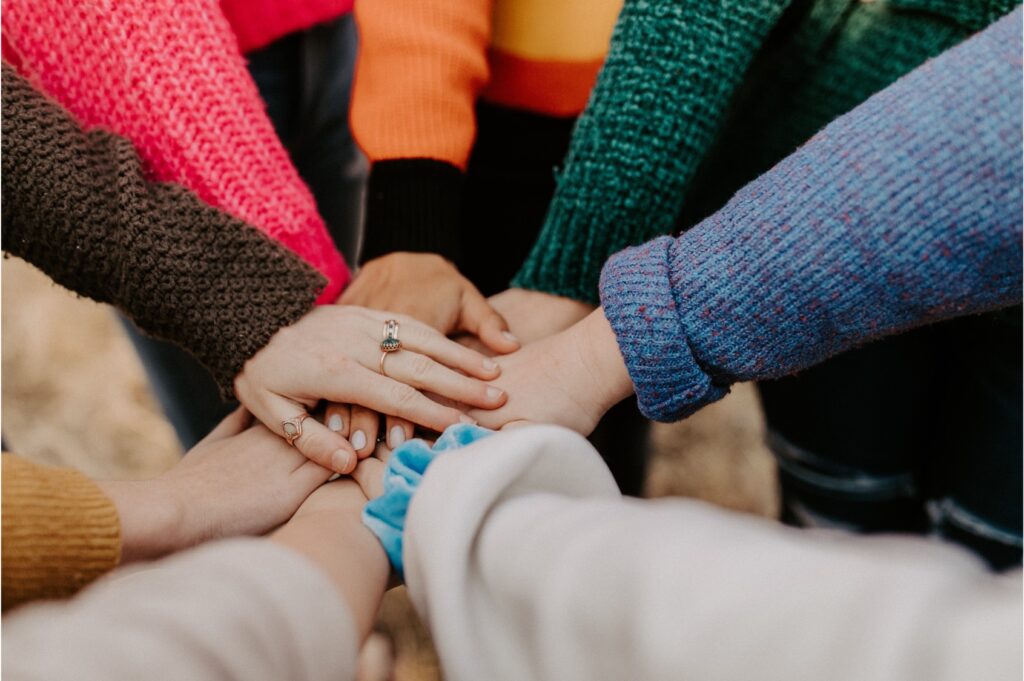
During Black Futures Month, many organizations ask what they can do to cultivate safer workplaces for Black employees. Before identifying specific tools, we must understand anti-Black racism within broader systems, of which workplaces are only part. Anti-Black racism is unique, rooted in the history and experience of enslavement. It targets all people of African descent. It uses myths and stereotypes related to biology, intelligence, morality, and more to justify discrimination. This racism is built into society in many ways.
Victoria Day (and other stats) – Let’s Take a Moment of Pause

Employers who want to build welcoming, inclusive workspaces are turning their attention to holidays. Research shows that the standard calendar year of statutory holidays may commemorate events that are alienating for many team members, while overlooking days that are meaningful in their lives. Other employees might face barriers to participation or a sense of alienation around certain holidays or events.
As an increasing number of team members are seeking alternatives to the “one size fits all” approach, they must often navigate many complex factors. Employment law, HR policies, and organizational structures and cultures are all involved in how an organization approaches holidays.
Promotion Policies with an Equity Lens

At Inclusivity, we developed a guide ‘Promotion Policies with an Equity Lens’ to offer practical advice on how to create and implement a promotion policy that is truly equitable. This guide was developed using the Inclusivity Equity Lens Framework and aims to help organizations reduce the advancement gap for marginalized groups who disproportionately face barriers in the promotion process and work towards adopting equitable practices that build diverse, high-performing teams.
Cultivating Safer Workplaces for Black Employees
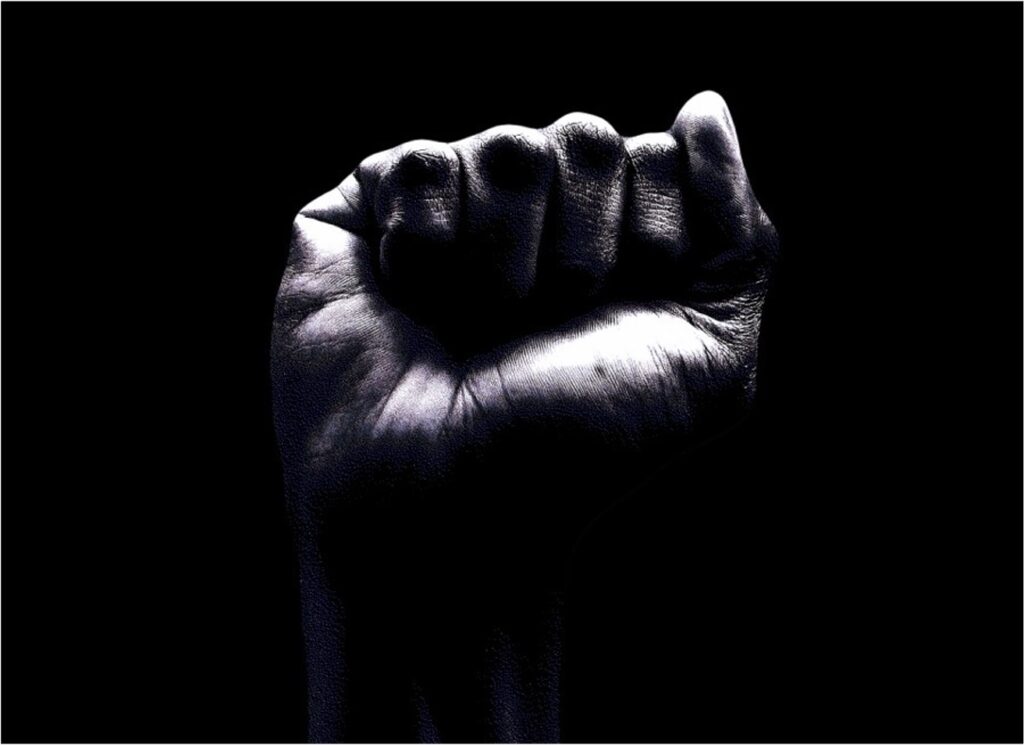
During Black Futures Month, many organizations ask what they can do to cultivate safer workplaces for Black employees. Before identifying specific tools, we must understand anti-Black racism within broader systems, of which workplaces are only part. Anti-Black racism is unique, rooted in the history and experience of enslavement. It targets all people of African descent. It uses myths and stereotypes related to biology, intelligence, morality, and more to justify discrimination. This racism is built into society in many ways.
Inclusive Work Environments for a Neurodiverse World
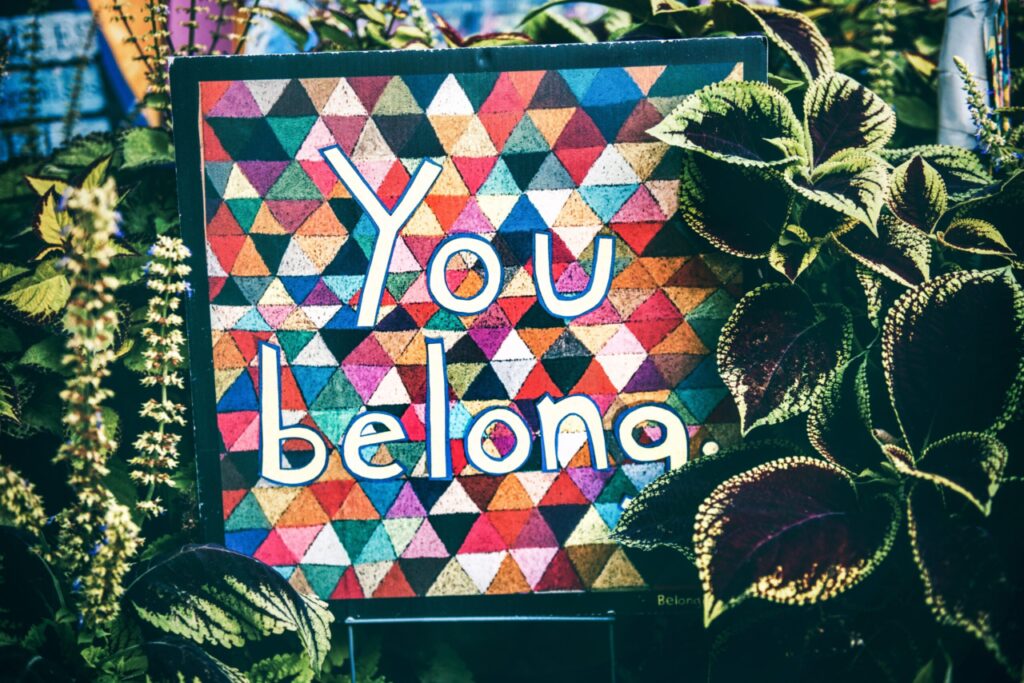
Creating workplaces that recognize and affirm neurodiversity is essential to supporting neurodiverse individuals and unlocking innovation and the potential of minds of all kinds.
Embracing Truth for Meaningful Reconciliation

Supporting Indigenous Cultural Safety in our personal and professional lives requires us to self-reflect and consciously seek out Indigenous voices so we can enact the principles of reconciliation: truth, justice, equity and participation.









